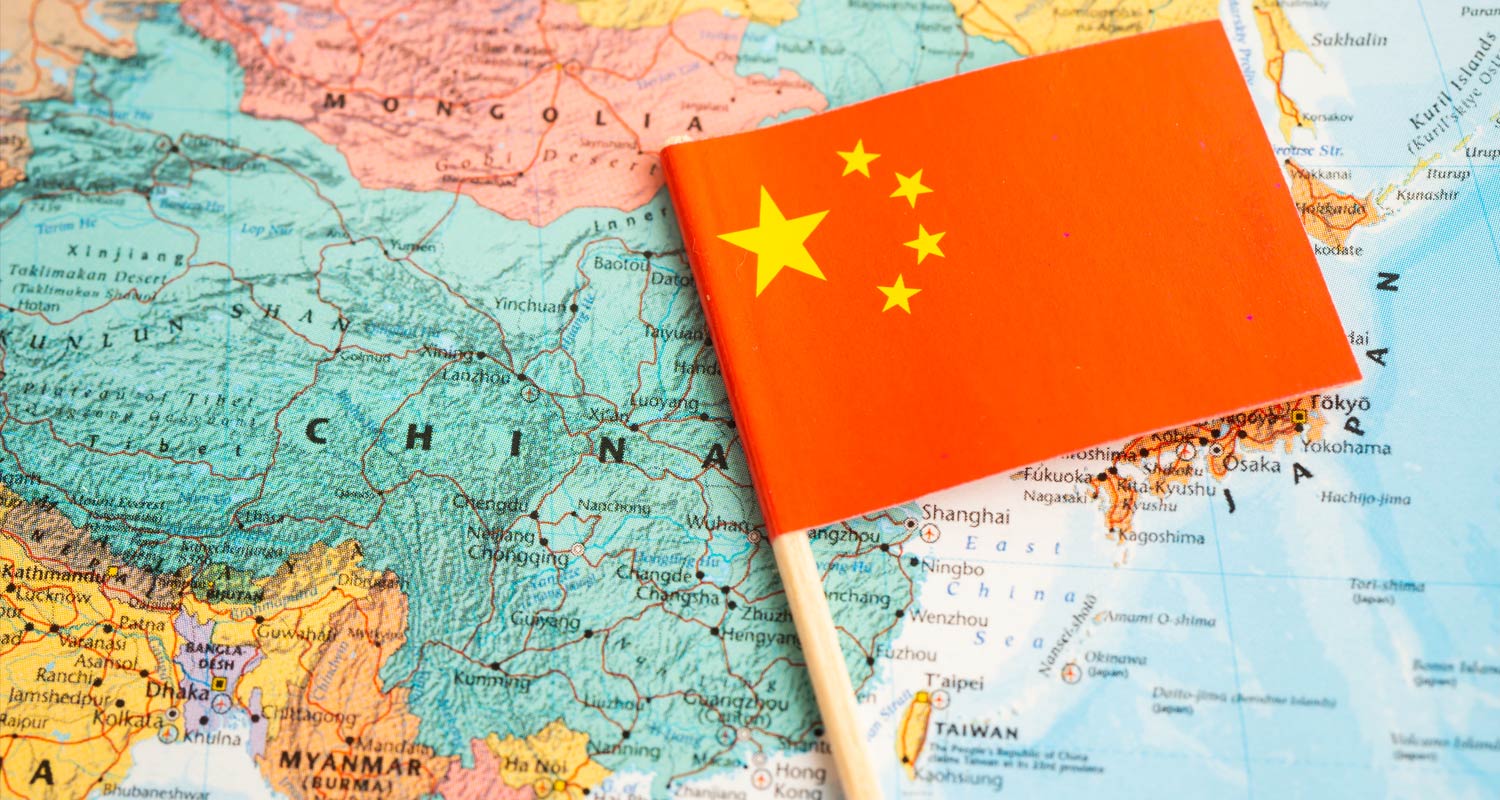 One of the last remaining bright spots for Chinese consumption is rapidly fading, as the nation’s economic malaise takes a toll on demand for even the most accessible of goods.
One of the last remaining bright spots for Chinese consumption is rapidly fading, as the nation’s economic malaise takes a toll on demand for even the most accessible of goods.
In the latest warning to global markets on the health of the Chinese economy, Temu owner PDD Holdings on Monday surprised investors with an unusually gloomy outlook.
The e-commerce firm, which became a market darling with low-priced goods that helped propel sales and profits during China’s economic downturn, also reported revenue that missed estimates. During a post-earnings briefing, CEO Chen Lei mentioned at least eight times that revenue and profits must “inevitably” decline as economic growth slows.
“We are seeing many new challenges ahead, from changing consumer demand and intensifying competition to uncertainties in global environment,” Chen, also one of PDD’s earliest employees, told analysts.
The CEO and his lieutenants were careful to stress they remained confident in Chinese consumption over the longer term — a big priority for Beijing in rebalancing the world’s second largest economy. But the damage was done. PDD’s shares plunged 29% in their biggest fall on record, wiping out US$55-billion of market value. Its closest rivals Alibaba Group and JD.com followed suit, sliding about 5% in Hong Kong.
PDD’s warning stunned investors because the company was long viewed as the main beneficiary of a Chinese “consumer downgrade” — its low-pricing strategy on Pinduoduo domestically and Temu abroad was intended to appeal to cost-conscious shoppers at a time of unprecedented economic volatility.
Red flags
The disappointing results were the latest in a series of red flags about the Chinese economy. This week, popular fast food chain Din Tai Fung — long one of the most popular restaurant brands across the country — revealed it was shutting more than a dozen outlets. Last month, Starbucks disclosed a 14% plummet in Chinese revenue in the June quarter.
“The big issue is weakness in China consumer,” said Joshua Crabb, head of Asia-Pacific equities at Robeco Hong Kong. “The read-across for competition and a weak consumer will be negative for sure.”
While Starbucks and Din Tai Fung have long wrestled with volatile sentiment, PDD’s warnings were especially surprising given it encapsulated for years how cash-strapped Chinese consumers spurned luxury brands for lower-end alternatives.
Read: China drives African lithium surge
Founded by ex-Google engineer Colin Huang in 2014, the company in past years has combined low prices with aggressive rural expansion and game-like elements on its platform to grab market share from Alibaba and JD. It parlayed that formula into the global e-commerce bargains app Temu, which it launched during the Super Bowl in 2023. That app has become a shopping phenom akin to Shein, becoming for a time one of the most downloaded US apps.
That drove a remarkable six-fold gain in market value from the post-Covid troughs of 2022, crowning Huang China’s richest person this month. But he held the mantle for just 18 days, till Monday’s selloff.
 China’s less affluent consumers outside of glitzy mega cities drove much of PDD’s success. They’re now a big source of uncertainty.
China’s less affluent consumers outside of glitzy mega cities drove much of PDD’s success. They’re now a big source of uncertainty.
Consumption, a main driver of the economy, weakened this year after a rebound in post-Covid re-opening spending last year. Against the backdrop of widespread job and salary cuts as well as plunging property prices, Chinese consumers have turned more cautious with their spending, leading to intense price wars in sectors such as cars.
Retail sales expanded just a little over 3% in the first seven months of 2024, far worse than the 8%-plus growth recorded in pre-pandemic times. Residents’ confidence in future income plunged to the worst level since the end of 2022, one of the most intense periods of Covid lockdowns, according to a central bank survey conducted in the second quarter.
Almost half of the residents polled said employment is “grim and difficult”, the highest proportion since the end of 2022. Nearly two-thirds of those surveyed said they’re willing to save more, hovering near an all-time high recorded last year.
Lei signalled that there was a fundamental shift in consumer behaviour, a move away from the bargain-basement products that have turbocharged revenue since its founding.
“Consumers are making more thoughtful decisions to balance quality and value,” he said on the earnings call. “In response, we have collaborated with high-quality brands and manufacturers to create customised products that cater to these diverse demands.”
For some investors, PDD executives were merely trying to contain expectations run amok. After all, it may be unreasonable to expect the company to keep logging 50%-plus growth, as it’s done in all but one quarter on record. Wall Street was betting on PDD to almost double revenue during the June quarter. Instead, it rose 86%. On Monday, executives said they will make big investments to capitalise on future opportunities.
Regulatory crackdowns
PDD’s result “implies weak consumption and intense competition. However, management’s comments on declining long-term profitability are too conservative, in our view,” Morgan Stanley analysts Eddy Wang and Kathy Zhu wrote.
In the long run, much depends on the job market, and how Beijing steers the economy. Authorities have sought to ensure there are enough jobs even as the economy slowed, calling on state-owned enterprises to expand recruitment and vocational training.
Read: China launched Starlink rival
But officials stopped short of providing more direct help to consumers, though many economists have called for a cash subsidy or consumption voucher for at least the low-income groups. They have also refrained from taking measures to support wage growth, which is essential to encourage more spending. Regulatory crackdowns in a number of industries ranging from private tutoring to finance over the past few years have also worsened the job market.
For now, many investors are still counting on PDD to at least outshine its peers in a turbulent economy. “We believe PDD is the only Chinese e-commerce player that will outperform industry growth,” the Morgan Stanley analysts wrote. — (c) 2024 Bloomberg LP




